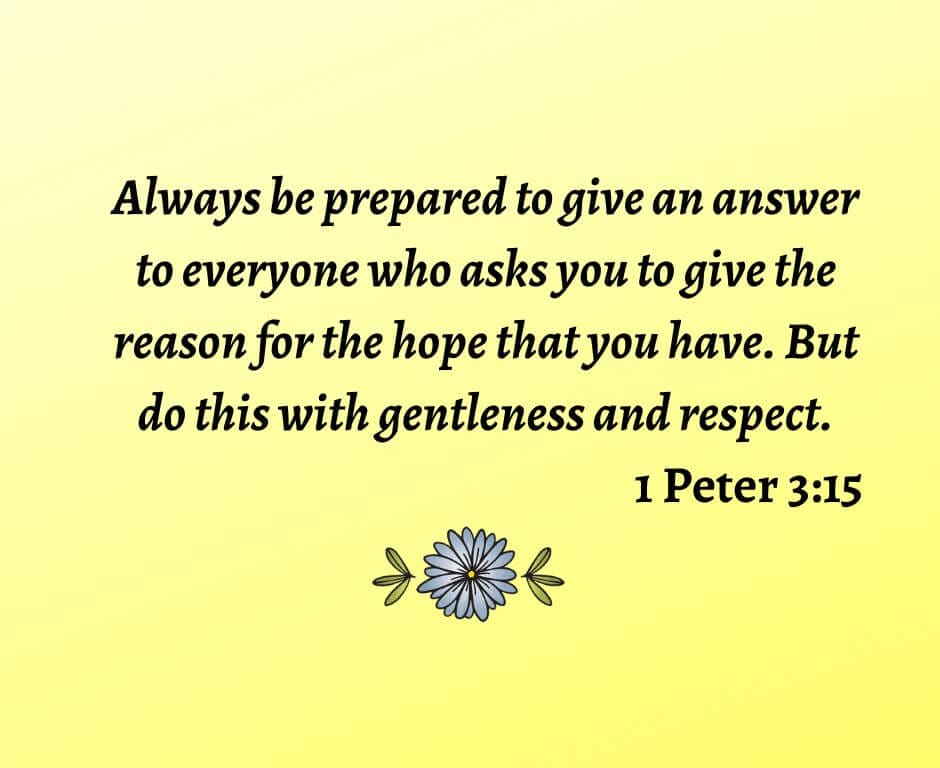
In the ancient days of early television, the series, What’s My Line, became one of the longest running, most popular panel game shows, airing from 1950-1967. Celebrity panelists would question contestants about their occupation, or “line of work,” asking a series of yes/no questions.
Compared to today’s production values, the show now seems cheesy and cheap, but in its day, it won three Emmy awards and one Golden Globe award. (See the Wikipedia article here.) And evidently, the program met a felt need. On this show, the common, ordinary worker gained as much attention as the celebrity asking the questions. The playing field was level. Everyone’s story was important.
Everyone has a story.
A local Mexican restaurant has a picture of actor and comedian, Gary Shandling, hanging on a wall. A hostess explained to me and my husband that Shandling grew up in Tucson and when he moved to California, he would order frozen chimichangas to be shipped to him from this restaurant. We’ve seen other restaurants do that – feature photos of the famous people who have patronized that restaurant.
My husband leaned close to me. “They don’t know they have an award-winning writer on the premises right now.” He’s sweet. And prejudiced. I looked around the restaurant and retorted, “Everyone here has a story.”
I love meeting people for the first time. Everyone does have a story. And asking about one’s occupation is a safe place to start and can lead to other questions. There’s so much more to each of us. And as you become better acquainted with someone, you pick up clues of how that person copes with life and how life has dealt with them.
As a Christian, I have a unique worldview. I’m going to look at life and the world differently. Believing in life after death in a perfect paradise with God Himself for those who believe specifically in this one God affects how I look at the rest of earthly life. And if I let people know me well enough, they’ll pick up on the fact that, well, I’m different. I have hope. Confident hope.
I have a story of hope. And so do you.
Peter told his readers, “Always be prepared to give an answer to everyone who asks you to give the reason for the hope that you have. But do this with gentleness and respect (I Peter 3:15).”

“What?” you might think. “That means I need to know how to defend the faith, to give evidence for what I believe. I haven’t been to seminary. I’m not a Lee Strobel or J Warner Wallace “
Knowing why you believe is important. But giving a reason for your hope might come in the form of an outline and Scripture notations or as your story of you have personally encountered God and His Word.. God in His vast creativity gives us the chance and choice to sculpt our message according to what our audience is ready to hear. And sometimes, the best starting point is the story you have to tell. You may need to tell your story first, then make the segue from story to Scripture.
You may still be sputtering. “I don’t have a sensational testimony. I grew up in the church. It was an intellectual decision. I haven’t had a miraculous healing like Karen Wingate did with her eyes.”
You do have a story. In fact, you have lots of little stories. You’ve seen God work in your life. You’ve seen God keep His promises to you. Over and over again.
Why do you have hope?
We can be prepared to give our reasons for the hope that we have by making a list of the stories we have to tell. As you consider the Bible stories, verses, and personal experiences that have defined your hope in Christ, here are some questions you can ask yourself as you find your story to tell:
- How did you come to know Christ?
- On what occasions did you see God answer a prayer you prayed?
- How was God’s answer of “no” a better idea?
- How has God provided for you?
- How has God given you courage to keep moving forward?
- What did it take for you to finally grasp the meaning of forgiveness, grace, peace or other spiritual blessings?
- What’s the most exciting thing you’ve seen God do?
- How did you learn to fully depend on God?
- How have you seen God sustain your faith through very hard times?
Your listeners may argue the evidences that you give from Scripture and creation. They may dismiss your stories of God’s provisions and interventions as happenstance. But the more evidence you give from both directions combined with the way you live your life for God in a world that does otherwise will constantly and consistently answer their questions: “Why do you believe? Why do you hope?”
Don’t make them guess, like a panelist on “What’s My Line?” Be prepared to give more than a yes/no answer to their curiosity.
- Know your stories.
- Be prepared to tell your stories.
- Live the Big Story.
You do have a story worth telling. God, the God of hope, lives within you. In a crazy, mixed up, messed world, you have reason to hope because God has made a way to get through the muck and mess to reach Him and a heavenly home.

So inspirational and thought provoking.